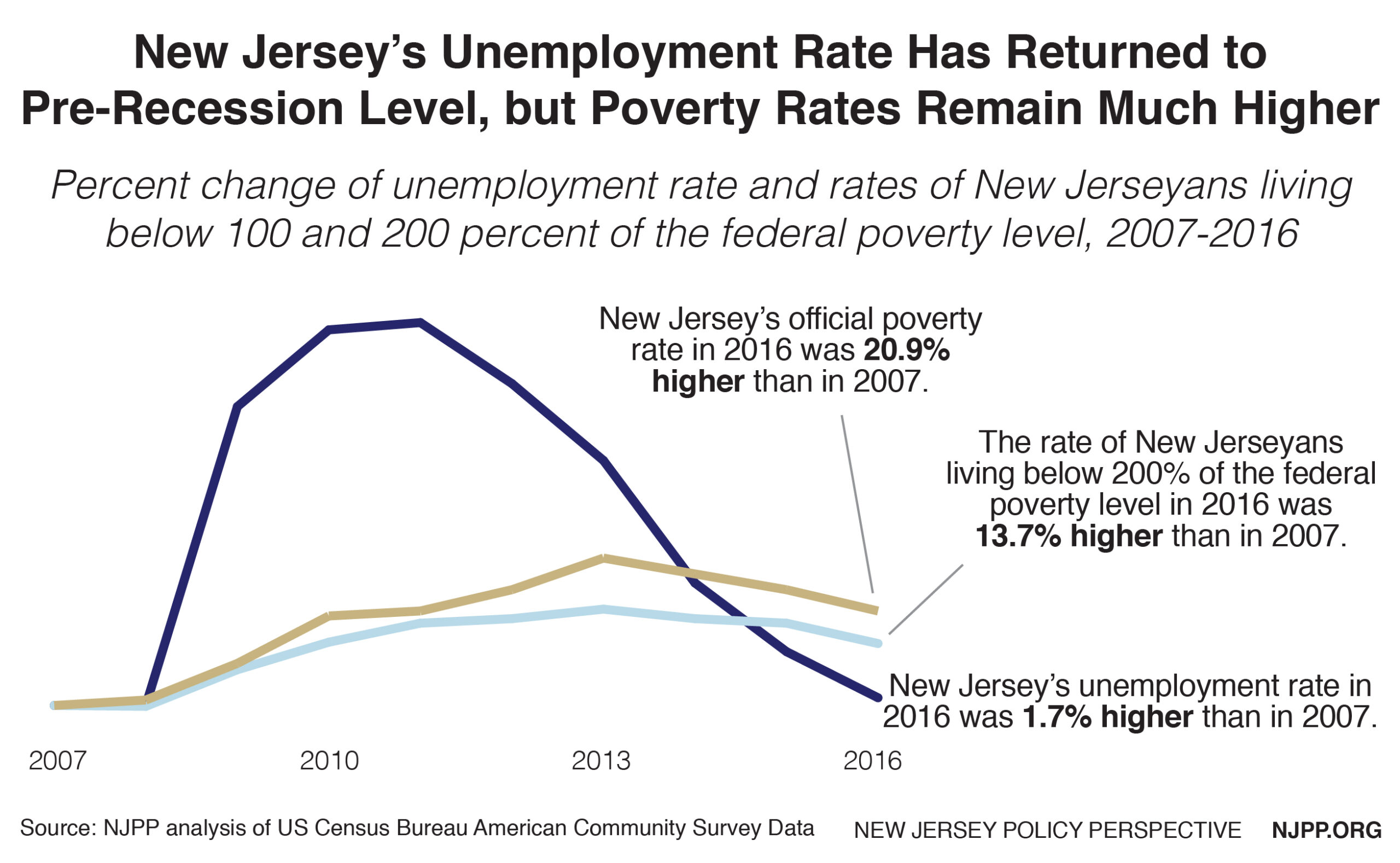Mundiales
Report 15 minimum wage bill would benefit 207 million workers

Raising New Jersey’s Minimum Wage to $15: A Path to Reducing Poverty and Boosting the Economy
Increasing New Jersey’s minimum wage to $15 an hour by 2023 could significantly reduce poverty and invigorate the state’s economy. This change would ensure that over 1.2 million workers—nearly 30% of the state’s workforce—receive higher wages, injecting $4.5 billion directly into the economy. For this initiative to succeed, it must include all workers, regardless of their job type or background, to maximize its impact.
The Case for a $15 Minimum Wage
Despite unemployment dropping by 45% between 2011 and 2016, New Jersey’s economic recovery has been uneven. Wages have stagnated, leaving many workers unable to meet basic needs. Currently, 10.4% of residents—about 900,000 people—live below the federal poverty level ($25,100 for a family of four), a figure unchanged since 2011. Additionally, more than 2 million residents experience significant economic hardship, living below 200% of the poverty level ($50,200 for a family of four).
Low wages not only strain individual households but also hinder statewide economic growth by limiting consumer spending and exacerbating inequality. Raising the wage floor would directly address these challenges, allowing workers to better provide for their families while strengthening New Jersey’s economy.
Shared Prosperity Through Wage Growth
Policymakers often focus on decreasing unemployment as a solution to economic hardship. However, without corresponding increases in worker standards, such as a higher minimum wage, the benefits of reduced unemployment fail to lift all boats. Ensuring wages keep pace with productivity and the cost of living is essential to creating broad-based economic growth.
- Terror en Katanga, Los Mina: Más de 100 disparos impactan jeepeta y dejan heridos
- RD recibe autorización oficial para exportar carne bovina a EE. UU. tras superar auditoría del USDA
- Registrar Empresa en RD 2025: Guía Paso a Paso para Emprendedores
- ¿Cómo obtener una beca universitaria en República Dominicana o en el extranjero en 2025? Guía completa
- ¿Cómo abrir una cuenta en dólares en República Dominicana en 2025? Guía clara para dominicanos
By gradually raising the minimum wage to $15 an hour, New Jersey can ensure that its economic recovery benefits all residents, reducing poverty, decreasing inequality, and building a stronger, more resilient economy.
Descubre más desde Punto Informativo RD
Suscríbete y recibe las últimas entradas en tu correo electrónico.













